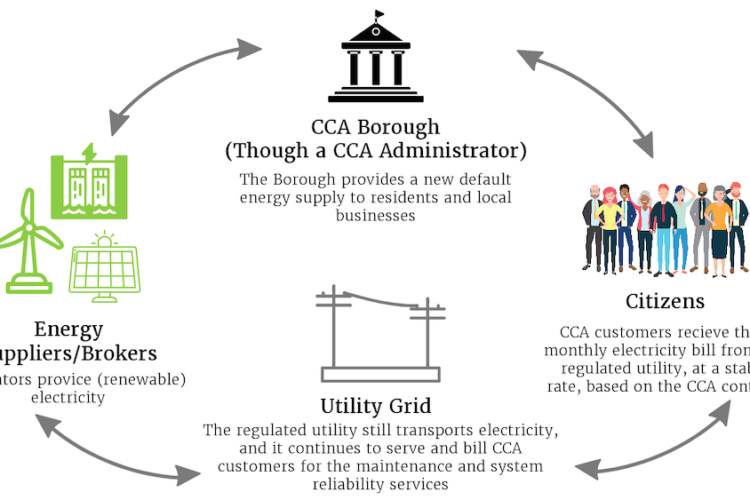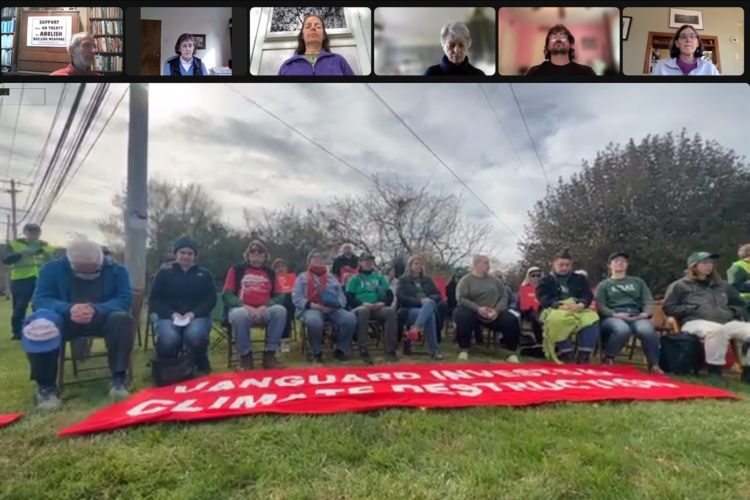Conscientious Objection, Conscientious Protection

by Jennie M. Ratcliffe.
There are multiple interconnections between conscientious objection to militarism and what we can call the conscientious protection of all life on Earth. Conscientious objection, both to war-making and to militarism that seeks to maintain and assert our so-called national security or “interests,” has long been advocated by Friends. In recent decades, we are increasingly seeing the multiple interconnections between militarism and the ecological and climate crisis.
Through bombs, scorched earth policies, and more, conflicts and wars destroy vast numbers of human and other life-forms, lands, water supplies, crops, and infrastructure. They cost vast amounts of materials and money, representing an enormous “opportunity cost” that could be used for ecological conservation, adaptation, and regeneration. At the same time, more and more conflicts are caused by “resource wars” over water, food, energy and scarce materials (such as the Gulf and Iraq wars), or result from climate-related disasters and the resultant displacement or fleeing of refugees (e.g. the wars in Syria or Tigray in Ethiopia), typically affecting poorer countries and peoples first and worst, and who have fewer means for adaptation and restoration.
The US Department of Defense’s own Center for Climate and Security has long identified climate and ecological breakdown as a major threefold “threat multiplier” to US national security, naming climate-related disasters, conflicts over vital resources, and refugee movements as major factors equal to or greater than any strictly political challenges. Yet the US military alone has a vast ecological and climate footprint. It uses more fossil fuels that any other single institution in the world, according to Brown University’s Costs of War project. The Pentagon budget (now close to $800 billion for 2023) is larger than the next seven countries combined and more than any other sector of the US’s annual discretionary budget (not including approximately $2 trillion of supplemental war spending over the last 20 years), while ecological disasters have cost at least $200 billion in 2022 in the US alone and uncounted billions worldwide. To date, however, the US’s nationally-oriented “armed lifeboat” approach has been focused largely on maintaining and expanding military and corporate control of resources rather than assisting affected countries or meaningfully reducing both our own military and our overall ecological footprint.
Why, despite the urgent and existential threat of climate and ecological breakdown, is militarism still the most powerful paradigm of how we achieve long-term security and protection, while the protection of all life, and the Earth we depend on, through conservation and life-sustaining social transformation, still considered to be utopian?
Both the seeds of war and militarism and the seeds of ecological destruction are extreme expressions of violence to each other and to all life and the Earth, and of our paradigms of domination, competition, individualism, and nationalism, and systematically ignore the voices of women, Indigenous peoples, the poor and oppressed, and the wider natural world. At bottom, they are about a sense of separation from all other life forms and the Earth. If so, the seeds of peace and a restored earth rest on a recognition of our bond of unity with all life, compassion for the “other,” and an inward conviction of the sacredness and integrity and wholeness of all life.
We are intimately interdependent, and as we do to other life, we do to ourselves; we are in intimate reciprocal interrelationship with the whole Earth community. And as we cannot so easily destroy that which we love and feel connected to, what really makes us secure, then, is nonviolence to each other and the Earth and, as one writer puts it, the movement toward wholeness.
How can conscientious objection to war and conscientious protection of all life be connected in practice?
Conscientious objection can be expanded from refusing to actively engage in war to refusing employment and investment in ecologically destructive enterprises. This would include the fossil fuel industrial complex, highly polluting industries, and the production and consumption of luxury goods. Both military and fossil fuel divestment movements are growing, while industries can be converted with re-investment to those which support the prevention, adaptation and reparation of ecological destruction.
Many climate analysts consider that we will need both a significant reduction in carbon emissions and consumption and the rapid conversion of current industrial (including military) production to renewable technologies and systems, on the scale of the reverse conversion achieved in months in World War II. For example, in the mid 1970s I participated in meetings of peace, environmental and labor union groups in the UK supporting the Lucas Aerospace Alternative Plan, which proposed converting weapons and aerospace production to “socially useful” products, including solar energy, heat pumps, and mass transit vehicles. The Lucas plan was defeated at the time, but its vision remains as a practical proposition in a growing movement. It is but one of many preventive strategies.
I invite us all to strive to be conscientious objectors and protectors, peacemakers, and ecojustice defenders. We can be an integral part of Life defending itself, and align ourselves with divine love in action and with Earth’s creative and healing power.
Jennie M. Ratcliffe is a retired environmental epidemiologist, a long-time activist and the author of “Nothing Lowly in the Universe: An Integral Approach to the Ecological Crisis.” She is a member of Durham Friends Meeting (NC).


